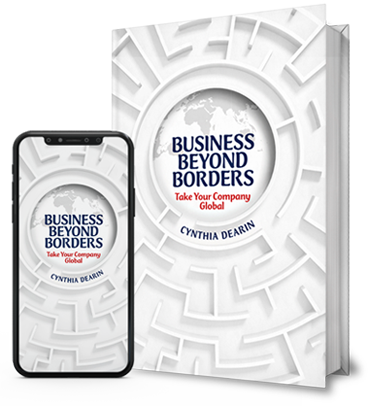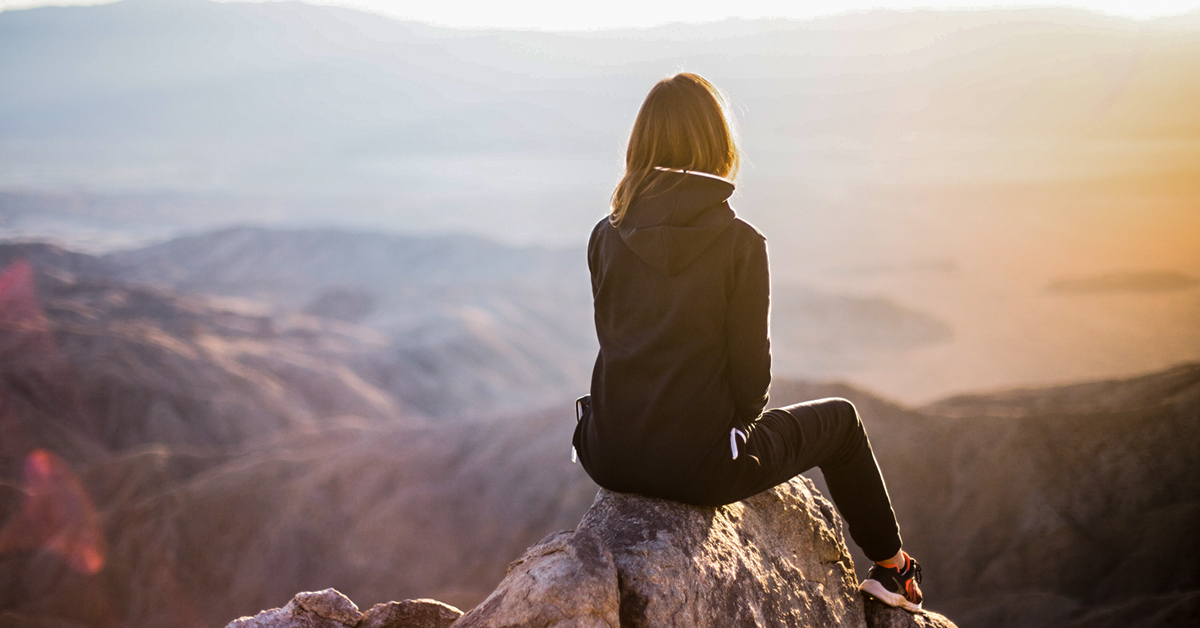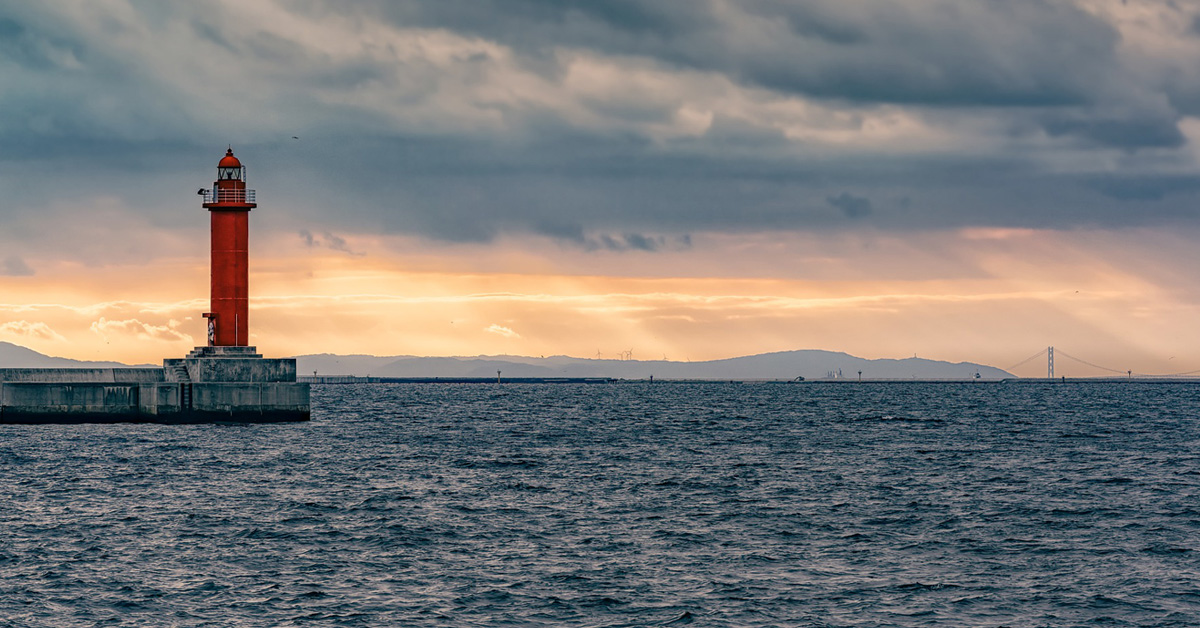I know a lot about lockdowns… I spent nearly four years of my life living that way. The three emotions I associate most strongly with that time are boredom, excitement and fear.
From 2006 until 2010 I worked in Iraq, helping the British and US governments to get the country back on its feet. I was there to restart the economy after thirty years of isolation and a decade of war.
Physically, it was a difficult place to be. For eight to twelve weeks at a time, I lived and worked in a compound about half the size of a football field. It was covered in gravel and surrounded by a high concrete wall, topped with barbed wire, to keep intruders out. There was one tree. Every two to three months, I could leave the country for two weeks on a ‘decompression break’.
About fifty or sixty of us, men and women from around the world lived and worked in demountable buildings that stood side-by-side, offices next to living quarters. The lights were factory fluorescent and there were no windows – they’d been sandbagged to protect us from flying glass in the event of an explosion. Thankfully we had air conditioning, because it was often 50 degrees outside and as Iraq is a dry, desert country, the air was often thick with dust. So were our clothes.
As a consultant, I was one of the privileged people. I had my own room with a double bed, a TV, internet and a big cupboard. If I’d been a security staff member, or a cook, or a cleaner, I would have been crammed into a dorm room with half a dozen other people, in bunk beds.
Security was so bad that I was confined to my compound for a lot during those four years. At other times, I could go out, but only with an armed escort and body armour. Occasionally, when things improved, I was allowed to drive myself around, within the International Zone, a square of a few kilometres. It felt like a huge luxury.
And the food … I won’t get into the food in detail here, but let’s just say that after months of army food or food cooked by Iraqis doing their best to recreate western cuisine, it was easy to be homesick for anything that smelt and tasted like home. I missed good coffee too. And milk that didn’t come in a brick.
Iraq was psychologically challenging as well. Office hours were six days a week (Saturday to Thursday) and many of us worked long hours, to escape the boredom that lay in wait for us when we left the office and went ‘home’ to the trailer next door.
I had to be at my desk by 8:00 am each day, to create solutions that worked for intractable problems. Most of the challenges I faced were not things I had ever had to deal with before. No one had. We had to figure out how to deliver billions of dollars in programs, support and advice to businesses and government who didn’t always appreciate our help.
Communication was difficult and half the time, we had no ability to meet the people we were supposed to be serving. Our travel was severely limited because of poor security and the Iraqis on our team often couldn’t get to work because it was too dangerous for them to come to the office. All Iraq’s landlines had been bombed out of existence, mobile phones were often jammed, and the electricity was frequently cut, so even getting messages to clients was a challenge. It was a bizarre working environment.
Outside work hours, there wasn’t a lot to do. You could watch movies – mostly pirated ones that you bought at one of the Iraqi shops inside Camp Liberty – go to the gym, read books/surf the web, and call home. If you were prepared to wait weeks for things to arrive, you could shop online. Some people drank a lot. I clocked up marathons on the treadmill and the exercise bike.
I was in my thirties at the time, single and thousands of miles away from my family and friends, so I was often lonely. Practically everyone else was there by themselves too, which created some strange social dynamics. Social life mainly consisted of hanging out with the people you worked with twelve hours a day, six days a week, and that got stale pretty quickly. That said, I did make friends. And though I haven’t seen most of the people who I got to know for many years, we’re still in touch.
And of course, Iraq was dangerous. When I arrived in Baghdad in September 2006, it was a very dark time. Around the country, thousands of people were losing their lives to violence. Neighbourhoods were divided, families were torn apart and communities of different faiths who had lived peacefully together for hundreds of years were destroyed.
I’ll never forget arriving in Iraq for the first time in the dead of night and receiving a briefing from the head of security at the British Embassy. He said,
“This is not a safe place. On the other side of that wall, people are killing each other and hundreds of corpses line the roads each day. Families walk the streets, turning the bodies over, to see if they can find loved ones who are missing. You are not permitted to go out ”.
As it turned out, he was right. During the time I spent in Baghdad, I was rocketed, I was bombed, I lost five colleagues in a kidnapping and narrowly avoided being kidnapped myself. Four of my colleagues never came back.
The last lockdown I lived through was very different to the one we’re living through now, but there are some parallels. There’s the loss of freedom and choice, the uncertainty and the danger, those are common points
I learned so much from living in lockdown – far more than I can squeeze into a single post. I’ll share some of those things and some strategies for living well in lockdown in the weeks to come, but for now, I just want to reassure you. This is a season. It’s strange, it’s scary, it’s hard, but we will get through it. And we’ll do best if we stay calm and stick together.
What tales do you have from the lockdown?







